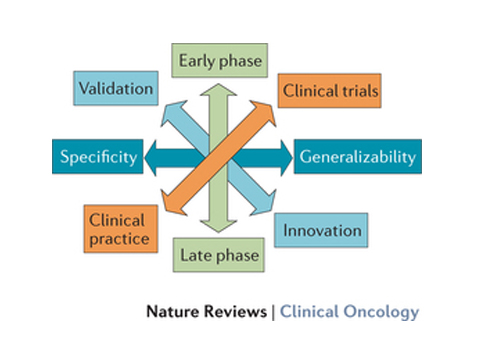RECIST disease assessment is effective for targeted treatment as well as classical chemotherapy
Assessing tumour growth and cancer cell proliferation in patients is important both for judging the effectiveness of individual treatment and for the evaluation of therapies in clinical trials. EORTC was among the international organisations that developed RECIST (Response Evaluation Criteria in Solid Tumours), a method of determining whether tumour measurement data can allow the conclusion




